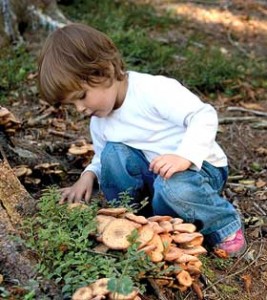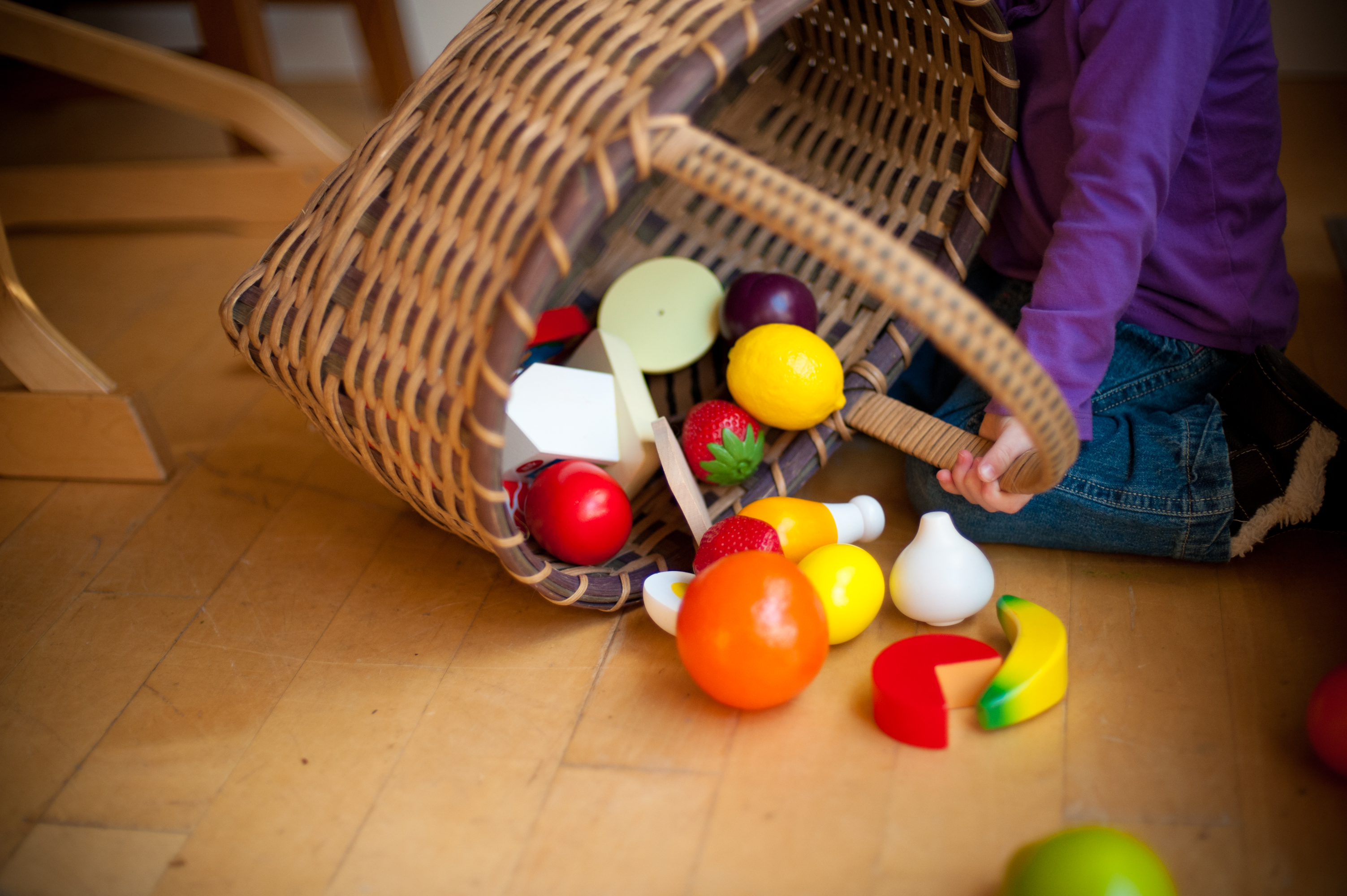 When it comes to babies, at my core, I am a scientist. The process children go through as they transform from a fetus into a walking talking human child in just the first 2 years of life fascinates me. It’s absolutely incredible really. As a scientist, I want to understand all I can about this amazing process. And if there’s one thing I’ve learned that is the same in both my scientific and my Montessori backgrounds, it’s that observation is the key to understanding child development.
When it comes to babies, at my core, I am a scientist. The process children go through as they transform from a fetus into a walking talking human child in just the first 2 years of life fascinates me. It’s absolutely incredible really. As a scientist, I want to understand all I can about this amazing process. And if there’s one thing I’ve learned that is the same in both my scientific and my Montessori backgrounds, it’s that observation is the key to understanding child development.
Mother worry
 This week I discovered why every client I’ve ever had cries when I tell her she’s a good mother. There’s something about motherhood that taps into a deep-seated fear that we are not good enough. The truth is, everyone reading this blog right now is a caring and involved parent, so why is it that we all think we might be doing something wrong?
This week I discovered why every client I’ve ever had cries when I tell her she’s a good mother. There’s something about motherhood that taps into a deep-seated fear that we are not good enough. The truth is, everyone reading this blog right now is a caring and involved parent, so why is it that we all think we might be doing something wrong?
There’s something about our culture, and I’m guessing it has to do with media, that perpetuates the idea that there must be something wrong. But is there really? Maybe the very idea that there’s something wrong is the problem. What if we could all see ourselves as the wonderful parents we really are – even in the moment when the pediatrician tells us our child is not developing properly, or in the moment when our friends don’t like the way we discipline, or how about when we read a scary article online about the dangers of modern life.
Having friends could save your life!
The New York Times published an article this week (July 2010) about the importance of having a social network http://well.blogs.nytimes.com/2010/07/28/a-new-risk-factor-your-social-life/ Apparently, the study shows that having strong social ties decreases your risk of dying by 50%! Researches concluded that not having a social network can be as dangerous to your health as smoking a pack a day or being an alcoholic.
In the study, strong family ties counted as a social network, but I suspect that the social experiences we get to have with our peers and elders are hugely important. So, if your only family ties are with your partner and kids, take a moment this week to consider how you can expand your social network to include some fun peer connections. According to this study, it really could be a matter of life and death.
What we resist persists: practicing acceptance of the present moment
 Wow, I really don’t want to write a blog today. I can feel myself resisting, procrastinating, and trying to find anything else to occupy my time. Sound familiar? Whether it’s dishes, laundry, taxes, a project for work, or just getting off the couch to get some exercise, we all have the tendency to procrastinate.
Wow, I really don’t want to write a blog today. I can feel myself resisting, procrastinating, and trying to find anything else to occupy my time. Sound familiar? Whether it’s dishes, laundry, taxes, a project for work, or just getting off the couch to get some exercise, we all have the tendency to procrastinate.
So, why do we stare in disbelief when after the 10th time of reminding our kids to put their shoes on and get out the door, they’re still reading or playing with their toys? I’m pretty sure we’re engaged in a double standard here. We have a specific agenda that we’d like them to agree to, but they haven’t actually agreed. So instead of outright resisting, they procrastinate. Or sometimes they actually physically resist, and often they verbally resist.
Kids always have a positive intention
I know it sounds like an outrageous claim, but the truth is that kids always have a positive intention behind EVERY action. Even when he’s smearing peanut butter all over your computer keyboard, or convincing his little sister to eat dog food he has a positive intention. And when she’s cutting her hair, coloring on the walls with crayons, or purposely waking up the baby, even then, she has a positive intention.
Kids, just like the rest of us, are just trying to get their needs met. They may not always have the most effective strategies for getting what they want, but they’re always doing their best and responding to the world around them.

